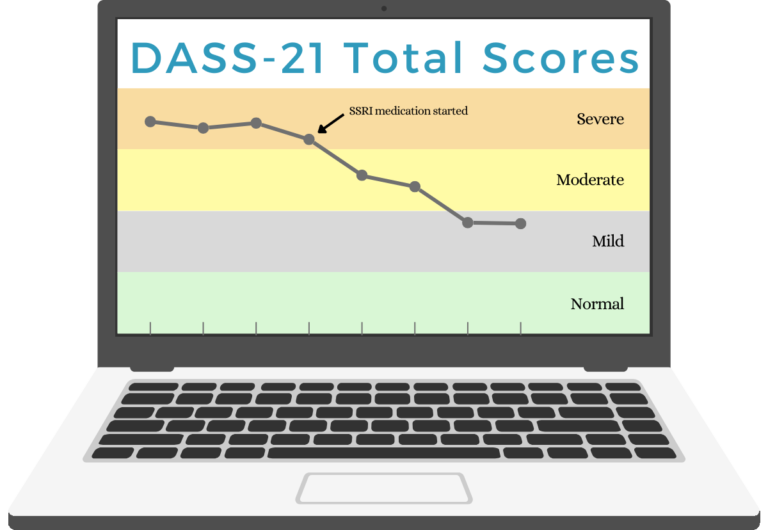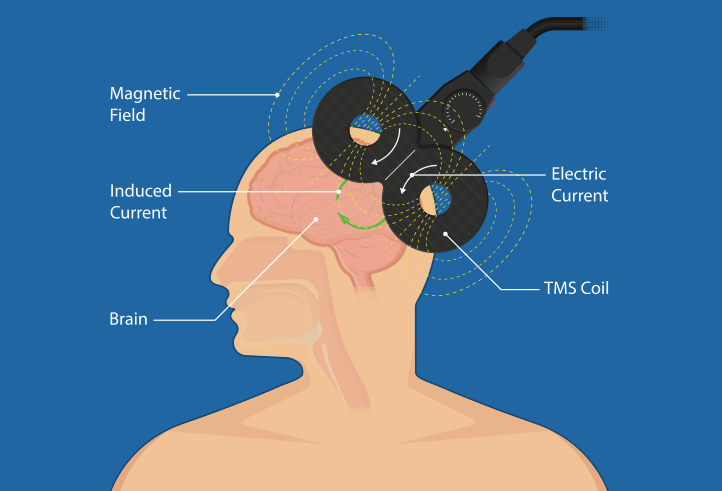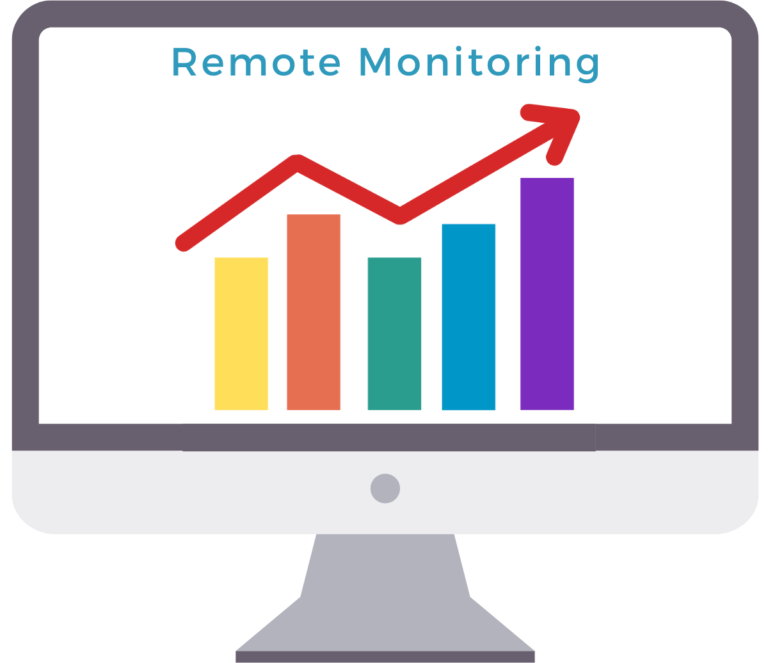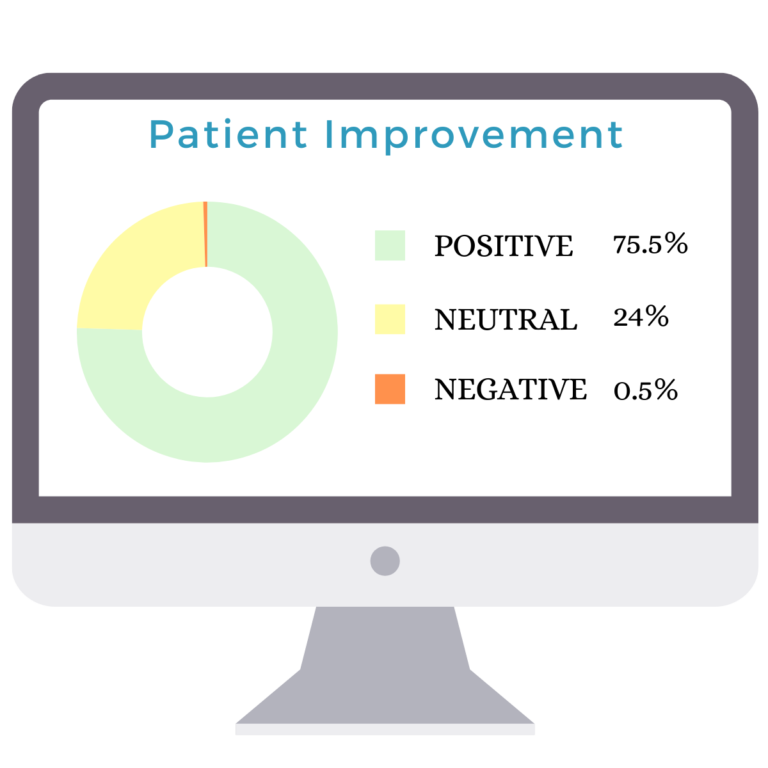NovoPsych Helps Psychiatry Services Use Psychometric Science to Improve Client Outcomes.
Psychiatrists or psychiatric hospitals using standardised scales for diagnosis offers numerous benefits for both clinicians and patients.
Routine Outcome Monitoring involves the regular assessment of patients' symptoms, functioning, and quality of life using standardised instruments, and is shown to enhance clinical outcomes.
Routine Outcome Monitoring involves the regular assessment of patients' symptoms, functioning, and quality of life using standardised instruments, and is shown to enhance clinical outcomes.
Monitoring the Effectiveness of Medication
Individualised Treatment Plans: By using standardised scales, clinicians can quantitatively assess how well a patient responds to specific medications or treatments over time. This helps in tailoring treatment plans to the individual’s needs, potentially adjusting dosages or switching medications based on empirical evidence of what’s working.

Improved Patient Outcomes: Routine monitoring enables early identification of ineffective treatments, reducing the time spent on suboptimal medications and minimizing the risk of adverse effects. This leads to faster recovery times and overall improved patient outcomes.
Evidence-Based Decisions: Standardised scales provide objective data that can be used to make evidence-based decisions about medication management. For example, monitoring a patient’s progress on the Depression Anxiety Stress Scale can provide clear evidence of whether an antidepressant is effective in reducing symptoms of depression.
NovoPsych Assessments can be used to aid diagnoses for:
Personality Disorders
ADHD
Bipolar Affective Disorder
Major Depressive Disorder
Eating Disorders
Body Dysmorphic Disorder
PTSD
Autism
Dissociative Disorders
Case study: Monitoring the Effectiveness of Transcranial Magnetic Stimulation (TMS)
NovoPsych has been used by national TMS services with the following benefits.
Optimising Treatment Protocols: By using standardised scales to monitor outcomes, clinicians can determine the optimal frequency and duration of TMS sessions for each patient, potentially leading to more effective treatment protocols.

Demonstrating Efficacy: Through routinely monitoring outcome with NovoPsych, psychiatric services have accumulated data demonstrating the efficacy of TMS in their patient population. This was crucial for justifying the use of TMS to funders, stakeholders, and the patients themselves.
Research and Improvement: The data collected through NovoPsych helped contribute to research efforts and advocacy for TMS’s inclusion in Medicare.
Remote Monitoring with NovoPsych
Continuous Care: Remote monitoring allows for the continuous tracking of patient symptoms and well-being outside of traditional clinical settings. This can lead to more timely interventions, such as adjusting treatment plans if a patient’s condition begins to deteriorate between sessions.
Enhanced Patient Engagement: By actively participating in their care through progress monitoring, patients may feel more engaged and empowered in their treatment process. This can increase adherence to treatment plans and promote a more collaborative patient-clinician relationship.
Cost-Effectiveness: Remote monitoring can be a cost-effective solution for psychiatric services, reducing the need for frequent in-person visits while maintaining high-quality care.

Use of standardised assessment for diagnosis: Standardised psychometric measures play a crucial role high quality assessments. For example, in the diagnosis of Attention Deficit Hyperactivity Disorder (ADHD), psychometrics offer several key benefits that enhance the accuracy, reliability, and comprehensiveness of the diagnostic process.
Enhancing Diagnostic Accuracy in ADHD

Consistency Across Evaluators: These tools offer a consistent framework for assessment, ensuring that different clinicians can evaluate the same individual and reach similar conclusions about their symptoms. This consistency is vital for accurate diagnosis and aids in providing rigorous documentation around treatment decisions.
Objective Assessment: Standardised measures provide objective criteria for evaluating symptoms of ADHD, reducing the reliance on subjective judgments. This objectivity is crucial in distinguishing ADHD from other conditions with overlapping symptoms, such as anxiety disorders or mood disorders.
Supporting Comprehensive Evaluation
Holistic View: Standardised measures often include or are part of a broader assessment battery that evaluates other cognitive and emotional aspects of functioning. This holistic approach ensures that the diagnosis of ADHD is not made in isolation but considers the individual’s overall psychological profile.
Baseline and Follow-Up: These tools can be used to establish a baseline at the time of diagnosis, which is invaluable for monitoring the individual’s progress over time and adjusting treatment plans as necessary.
Join leading institutions using NovoPsych to improve client outcomes

Want more information? Use the form below to get in touch

